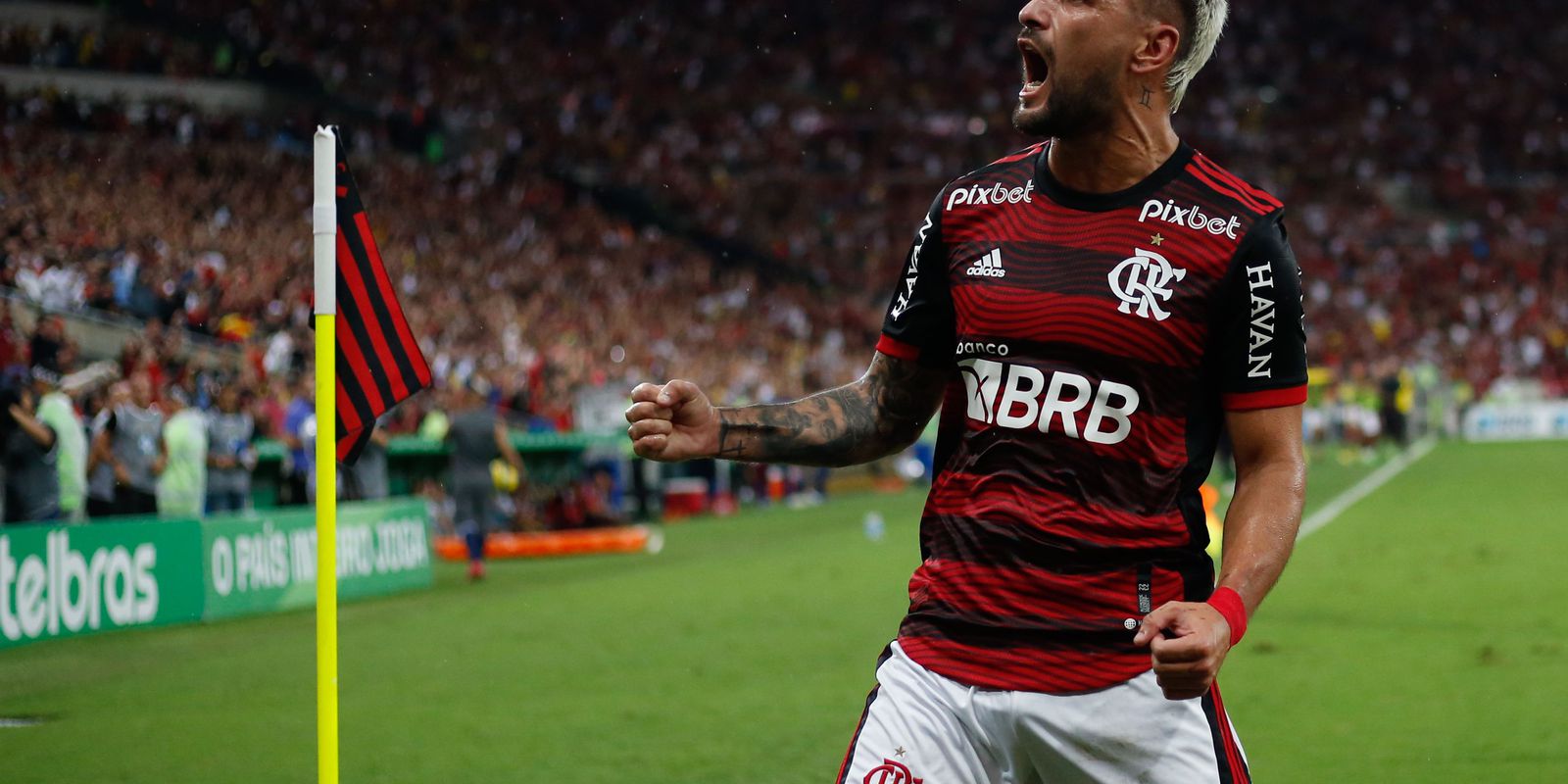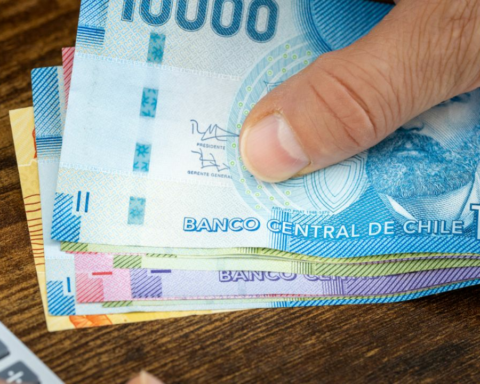Beyond the tension generated by the words of the ministers Camila Vallejo and Carolina Tohá and that publicly motivated the decision not to attend the meeting with the parties initially scheduled for this Thursday, Chile Vamos took the measure to reach the next appointment – next week – with a common proposal from the center-right conglomerate. RN has been the first to advance its main guidelines that include a “technical political committee.”
Regarding this body -which would accompany the constituent elected by the citizens- there is still no agreement within the RN benches regarding how it should be formed (whether based on the representation of the forces of Congress, former representatives, or under some system of direct democracy), and whether it should have a say in the constituent process. All of this, they say, will depend on how detailed the “edges” of the Constitution can be before the conventional ones begin their task.
“What we are doing with the president of the Senate is trying to rebuild the bridges of dialogue that have been damaged in recent days,” Soto assured Wednesday afternoon.
He said so when together with the head of the Senate, Álvaro Elizalde (PS), they announced that the meeting scheduled for Thursday -the one that Chile Vamos asked to be rescheduled for Friday, September 23- was suspended until next week.
The draft of National Renewal
Within the Congress, different parliamentarians assure that Francisco Chahuán already handles a draft with a proposal for National Renewal. This would have been collected – they describe – from the different meetings they have held. However, they say that “he has been asked not to share it” to prevent its dissemination.
“In nine days we have held four days of reflection, with deputies, political scientists (…). We had Genaro Arriagada, for example, we have had four meetings with our senators, three political commissions,” the senator told The counter.
For now, what has been discussed within the RN is that before the representatives for a constituent body are voted on, a “technical political committee” be formed – one option is based on political representation in Congress – to prepare a draft with meeting points or “limits” for those who will write the Constitution.
According to the parliamentarians consulted, there would be agreement that a “technical political committee” be assembled with these functions, however, there are different opinions on how it should be formed. What is heard is that based on political representation in Congress, or that it should be made up of former presidents, former heads of Congress, the Comptroller, the Supreme Court, among other former representatives.
Limits have been raised, for example, “the unitary nature of the country to avoid the issue of plurinationality”; “that the existence of the Senate and the Chamber be ensured”; “that there is only one Judicial Power”; the protection of an autonomous Central Bank; the consecration of Carabineros; and the protection of certain fundamental rights, among others that have emerged in the talks.
The second point is that the group of experts join the body that drafts the new Constitution with voice and vote. Regarding the option that they be appointed by Congress, a RN representative assured that “some are ashamed, we are not the parliamentarians to choose. At most, Parliament appoints experts with the right to speak.”
He added that there is a part of the RN that is clear that “it is not very presentable that the body is not 100% elected”, so there would be different possibilities to add experts. Among them, he explained that closed lists of experts have been proposed, “a characteristic difficult to define”, or that it be the commission of experts previously proposed with former presidents and other former authorities.
Another parliamentarian in corridor conversations explained that there is agreement that the right to voice and vote of the experts be combined with “a space of citizen legitimacy that would be given by the elected body.” However, he said that some believe that an “intermediate formula” could also be advanced if “clear boundaries” are established before the body chosen by the citizens begins to work (and that in this case the experts did not have a vote as the democratically elected).
in conversation with The counter the president of RN highlighted the complexity involved in holding a dialogue of these characteristics “within the largest party in Chile, with a very large internal diversity”. This is how the RN parliamentarians consulted supported different formulas.
“I think the election should be 100% democratic. If you talk to me about technicians or experts, I think there are three options,” said RN deputy Andrés Celis.
“No one prevents a specialist, technician, expert from being a candidate, there were several elected at the Convention. Second, it may be that a quota of experts, technicians, whatever you want to call them, with certain requirements, is placed on closed lists, 20 or 30%. The other possibility is that it be chosen by a body, a commission of former presidents of the republic, for example, and in this case that they have a right to speak, not to vote. These are not the times for someone to have the right to vote other than through the citizen vote”.
Meanwhile, the independent RN Juan Castro assured that “the decision to open a new process is not up to the majority of the Renovación senators. (…) But among the parliamentarians of the center-right there is a commitment to make a good and new Constitution”.
Castro was one of the senators who announced last week that they would not support a mechanism with the same characteristics as the dissolved Convention and that, on the contrary, they preferred to advance in the drafting of a new Fundamental Charter through a commission of experts or a reform to through Congress itself.
“There are several proposals that have been discussed in the meetings we have had, but there is still nothing confirmed for a future process,” he added, removing weight from the fact that there are still common guidelines.
Independent, reserved seats
Parliamentarians from the center-right assure that the independents are close to the guidelines expressed by the parties of Democratic Socialism -PS, PPD, PR-. This is that they go on party lists or autonomously -as it is for the election of Congress-.
Regarding seats reserved for indigenous peoples, representatives of the center-right in Congress assure that they would be there because “they are proportional to their registered voters.” Formula that others say would leave some ethnic groups out of the process.
According to UDI parliamentarians, it was Javier Macaya, president of the party, who began to postulate that “borderlines” be established for the new Constitution before electing the representatives to draft it. Thus, on Monday when leaving the meeting, the senator assured that “this body, unlike what was the Convention (…), must have defined contours that allow the process to be successful.”
From Evópoli -party that the RN parliamentarians described as the least according to a mixed commission of conventional and experts- they assure close to the directives that they have been opened to the group of experts having a greater incidence. They even use the concept “technical political committee”.
“We do not rule out that they have a voice and a vote,” they said. And they described them as a group that “safety and certainty of constitutional work.”
However, as some RN parliamentarians raised, in Evópoli they assured that the right to vote would not be necessary if agreements are reached beforehand on the “necessary borders” on which the constituent body works. “If the previous work of this committee is binding, the limits and advice of this group to the citizen body are allowed, it would suffice. The group of experts would not need to have a vote”, explained an Evópoli militant who has closely followed the talks.
Republican criticism of the role of Chile Vamos
From the beginning, the Republican Party has been opposed to the continuation of the constituent process in a convention with a structure similar to the one that was dissolved last July, and that the new Fundamental Charter be drafted by a body 100% elected by the citizenship. In the community founded by the former deputy and former presidential candidate José Antonio Kast, they are betting on reforms to the current Constitution -through the quorum of 4/7- or by some similar instance in Congress.
It is for this reason that the Republicans decided to withdraw from the talks, and get off the negotiating table convened by the presidents of the Senate and the Chamber of Deputies and Deputies. They say they do not feel represented by the dialogue conducted by the helmsmen of Chile Vamos, because, in their opinion, they gave in to the pressure imposed by the Government, to speed up the pace of the conversation in order to reach an agreement as soon as possible. possible. Now, they assure that they will continue giving their opinions and participating in the discussion, but now from outside the negotiating table.
A source within this party assured that the bases of the three communities that make up Chile Vamos – UDI, RN and Evópoli – do not feel represented by the decision, in their opinion, hasty to respond to the official call. In this regard, he added that on the right the position contrary to the constitutional convention was always transparent, which was one of the basic arguments of the Rejection, and that, therefore, it does not agree with the supposed five-point agreement that he announced this Monday. the president of the Chamber of Deputies, Raúl Soto (PPD), and from whom the directives of the opposition parties quickly distanced themselves.
As they assured from the Republican Party, Chile Vamos now finds itself in a complex scenario, where the leadership of Javier Macaya (UDI), Francisco Chahuán (RN) and Luz Poblete (Evópoli) will be key to conduct the negotiations with their benches, and that they seek to reflect the position of the bases of their respective communities. If this situation manages to bog down the discussion on a new Constitution, it will be something that will be clarified in the coming days, where the right sets as a condition that the Government of President Boric stays out of the talks, and that it does not set the deadlines either. about a possible agreement.


![[Video] The emotional tribute of the Olympic Games for weightlifter Óscar Figueroa](https://latin-american.news/wp-content/uploads/2022/09/Video-The-emotional-tribute-of-the-Olympic-Games-for-weightlifter.jpg)





